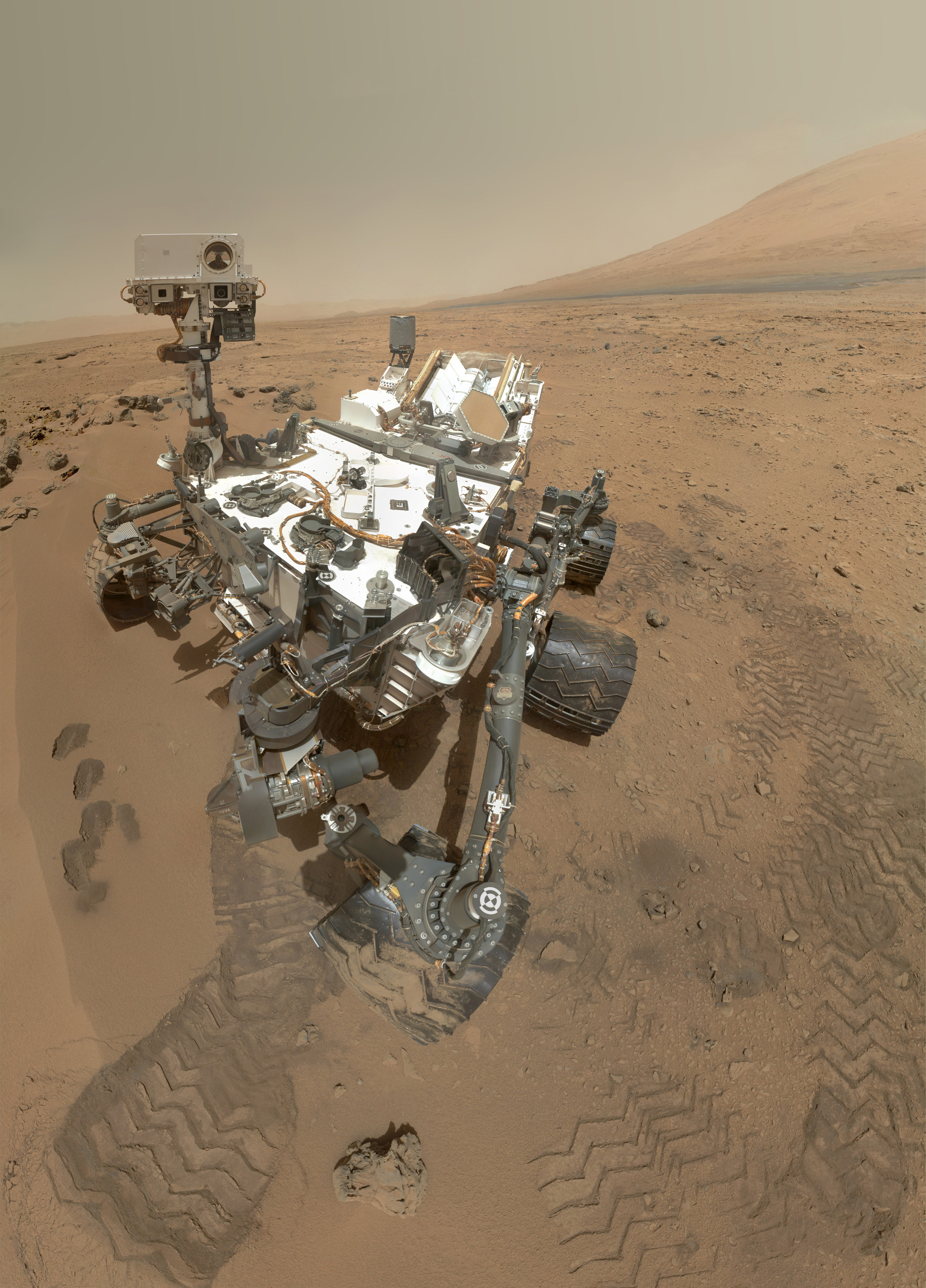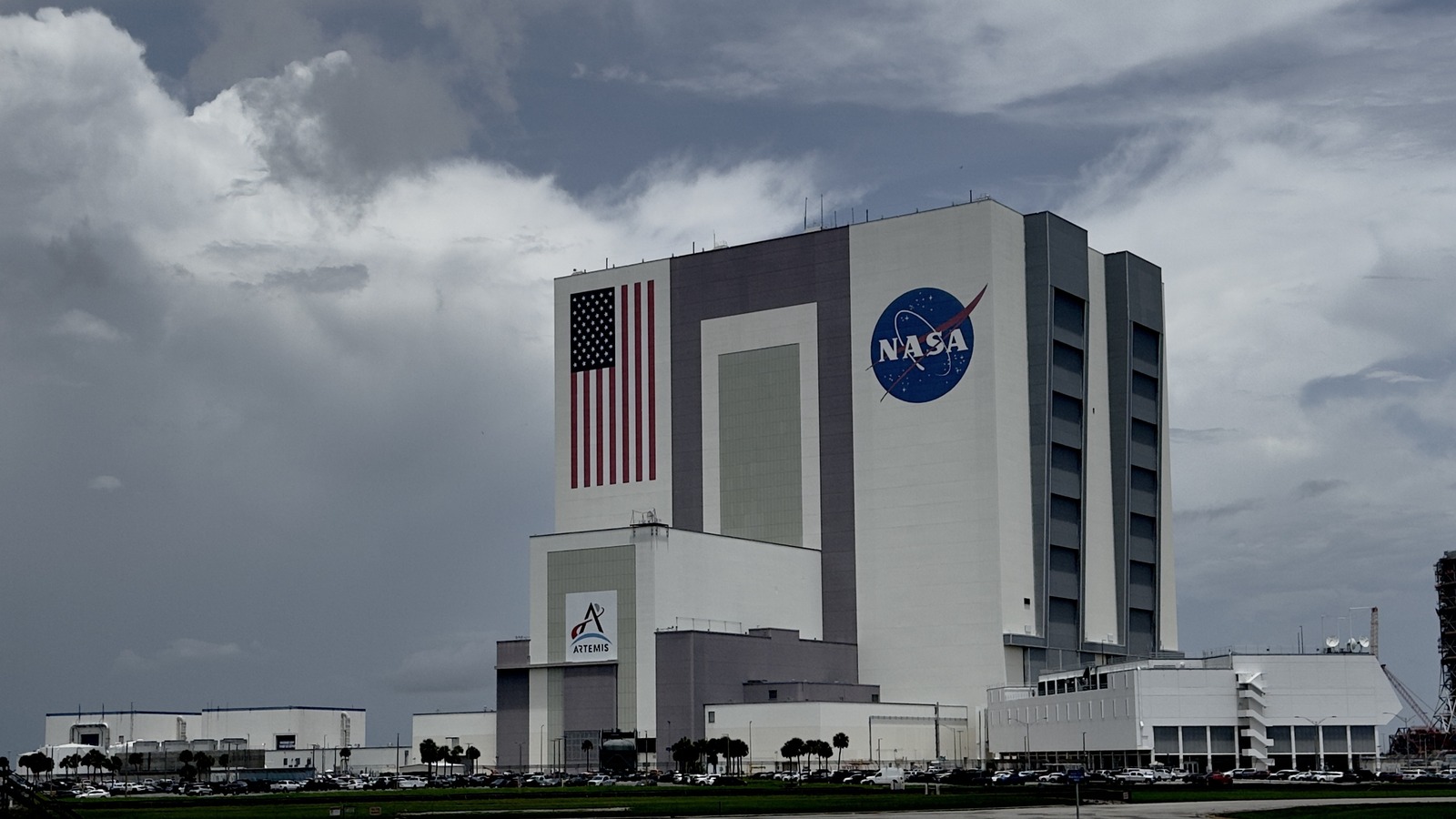Curiosity Mars Rover Team Switches Back to Earth Time

The mission controllers overseeing NASA's Mars rover Curiosity are finally switching back to working on Earth time after three months of operating in sync with the Red Planet, where the Martian days last 24 hours and 39 minutes.
The team in charge of Curiosity's instruments and operations at NASA's Jet Propulsion Laboratory (JPL) in Pasadena, Calif., had been working in shifts aligned with Martian time for the first 90 Mars days, or Sols, of the mission. Since the start of the Sol is always changing relative to Earth time, the team's start time for daily planning had to be moved a few hours later each week.
A constantly shifting schedule that includes overnight hours can produce effects similar to chronic jet lag, seriously disrupting an Earthling's 24-hour internal body clock. But NASA officials announced that mission managers were able to compress the daily planning process so that this week the team at JPL started working between 8 a.m. to 8 p.m. PST.
"People are glad to be going off Mars time," said Richard Cook, the rover's deputy project manager.
"The team has been successful in getting the duration of the daily planning process from more than 16 hours, during the initial weeks after landing, down to 12 hours. We've been getting better at operations," Cook added in a Nov. 6 statement.
In another change this week, visiting scientists who have spent some time at JPL since Curiosity's momentous landing on Aug. 5 are heading home. More than 200 non-JPL scientists who were in Pasadena to work on the mission will still participate regularly from their home institutions throughout North America and Europe, NASA officials said.
"The phase that we're completing, working together at one location, has been incredibly valuable for team-building and getting to know each other under the pressure of daily timelines," said Joy Crisp, Curiosity's deputy project scientist at JPL, in a statement. "We have reached the point where we can continue working together well without needing to have people living away from their homes."
Breaking space news, the latest updates on rocket launches, skywatching events and more!
Curiosity is set to spend at least two years on Mars to determine whether the planet could ever have had the conditions necessary to support life.
Follow SPACE.com on Twitter @Spacedotcom. We're also on Facebook and Google+.
Join our Space Forums to keep talking space on the latest missions, night sky and more! And if you have a news tip, correction or comment, let us know at: community@space.com.

Space.com is the premier source of space exploration, innovation and astronomy news, chronicling (and celebrating) humanity's ongoing expansion across the final frontier. Originally founded in 1999, Space.com is, and always has been, the passion of writers and editors who are space fans and also trained journalists. Our current news team consists of Editor-in-Chief Tariq Malik; Editor Hanneke Weitering, Senior Space Writer Mike Wall; Senior Writer Meghan Bartels; Senior Writer Chelsea Gohd, Senior Writer Tereza Pultarova and Staff Writer Alexander Cox, focusing on e-commerce. Senior Producer Steve Spaleta oversees our space videos, with Diana Whitcroft as our Social Media Editor.
